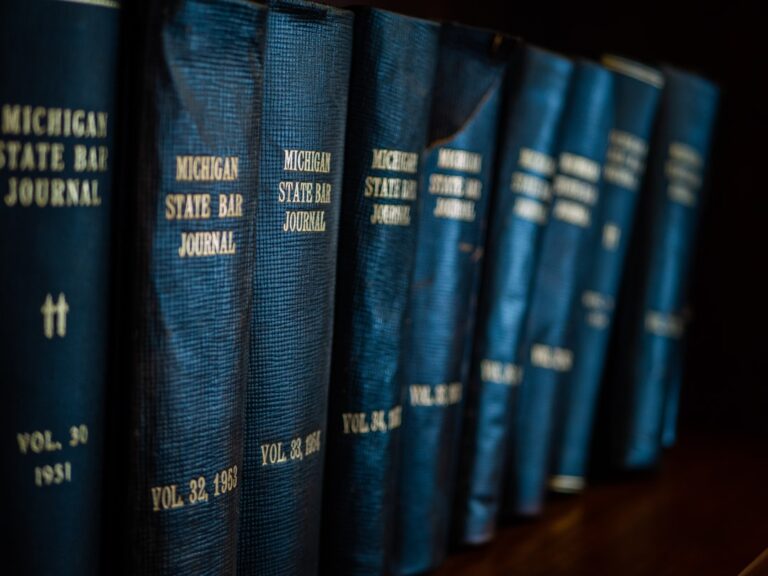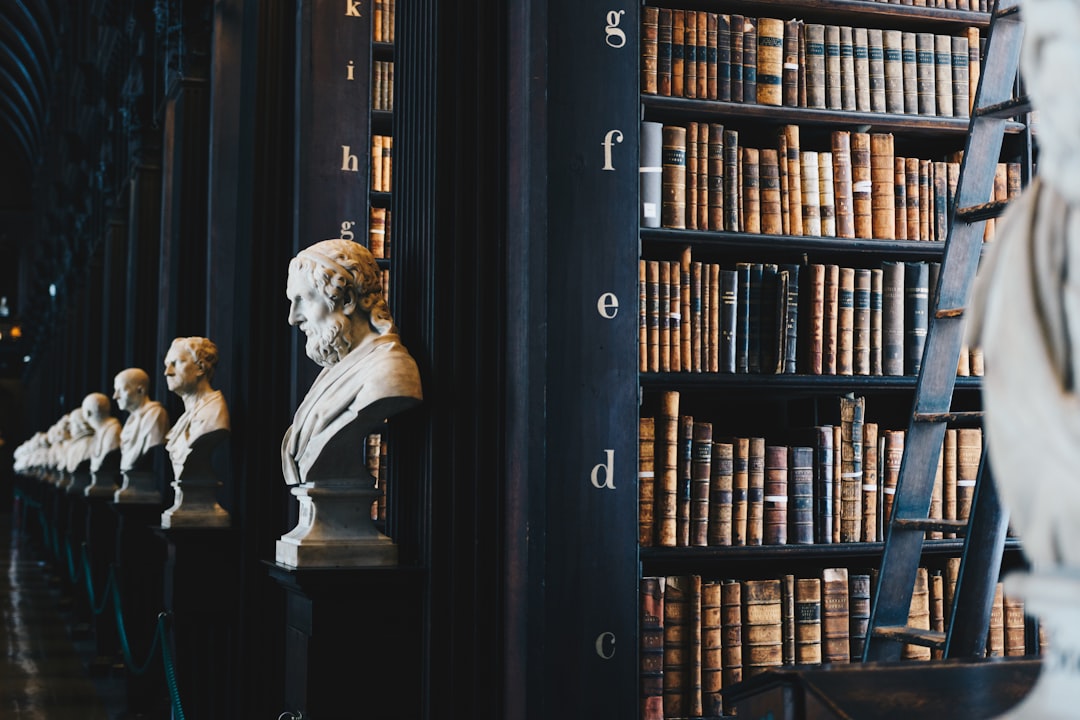Colorado's strict laws protect students from sexual abuse, with school abuse lawyers playing a crucial role in enforcement and victim support. These attorneys use medical records, counseling reports, witness statements, digital forensics, and consistent testimonies to build strong cases. Detailed documentation, including official incident reports and school district investigations, is vital evidence. Administrators bear responsibility for maintaining safe learning environments and can face legal repercussions for negligence under Colorado law.
In Colorado, addressing school sexual abuse is a critical matter, with robust legal frameworks in place to protect students. For victims seeking justice, understanding the evidence required in such cases is paramount. This article guides parents and advocates through the evidentiary landscape, from the types of evidence needed for successful prosecution to the credibility of witnesses. We explore key documents, the role of school administrators, and the expertise of dedicated Colorado school abuse lawyers in navigating these complex cases.
Understanding Colorado's Laws on School Sexual Abuse

In Colorado, school sexual abuse is taken extremely seriously due to robust laws protecting students. The state has stringent regulations in place to prevent and address such incidents, emphasizing the well-being and safety of minors within educational institutions. Any form of sexual misconduct involving a student and a staff member or peer can trigger legal action, with severe consequences for the perpetrator.
Colorado’s laws require schools to have comprehensive policies and procedures to handle reports of abuse, including mandatory reporting by staff members. School abuse lawyers in Colorado play a crucial role in ensuring these laws are enforced, guiding victims through the legal process, and advocating for their rights. Understanding these legal frameworks is essential for both victims seeking justice and educators aiming to create safer learning environments.
Types of Evidence Required in Legal Proceedings

In legal proceedings involving school sexual abuse cases in Colorado, the types of evidence required can be multifaceted and crucial for proving the allegations. School abuse lawyers often gather a comprehensive array of documentation to support their client’s claims. This includes medical records that detail any physical injuries or psychological trauma sustained by the victim, as well as counseling reports that document changes in behavior or emotional distress following the alleged incident(s).
Additionally, evidence such as witness statements from teachers, staff members, or other students who may have observed suspicious behavior or heard admissions from the perpetrator can be instrumental. In some cases, digital forensics, including text messages, emails, or surveillance footage, might also play a role. These various forms of evidence work together to create a robust case, providing a clear and compelling narrative that supports the victim’s experience and aids in achieving justice.
Credibility of Witnesses and Victims' Testimony

The credibility of witnesses and victims’ testimony plays a pivotal role in proving school sexual abuse cases in Colorado. It is essential for the court to assess the reliability and truthfulness of individuals providing statements or testifying about the abuse. In such cases, where emotions may run high and memories can be complex, it’s crucial to look for consistent and corroborating accounts from multiple sources.
Victims’ testimony, when supported by credible witnesses who have no reason to fabricate or exaggerate, can be powerful evidence. School abuse lawyers in Colorado often emphasize the importance of detailed and unaltered narratives from both victims and reliable witnesses. This includes any documentation that supports the account, such as medical records or school reports, which can help validate the experience and enhance the overall credibility of the case.
Documentation and Records: Key Pieces of Evidence

In a school sexual abuse case in Colorado, documentation and records serve as crucial pieces of evidence. These include official reports of incidents, medical records detailing physical examinations and treatments related to the alleged abuse, and any available school district reports or investigations into the matter. Testimonials from teachers, staff members, and other students who may have witnessed or heard about the incident are also highly valuable. These documents not only provide a factual record but can help establish patterns of behavior and potential institutional failures in addressing the issue.
School abuse lawyers in Colorado often rely on these records to build a compelling case. They examine them for any inconsistencies, gaps, or lack of thoroughness in reporting, which can highlight negligence or intentional misrepresentation. Such evidence is instrumental in supporting victims’ claims and ensuring accountability on the part of the perpetrators and potentially the institution itself.
Role of School Administrators and Their Liability

In any case of suspected or alleged school sexual abuse in Colorado, the role of school administrators is critical. They are responsible for ensuring a safe learning environment and have a duty to report any incidents of abuse to the appropriate authorities. Their liability extends beyond reporting; they must also take proactive measures to prevent such incidents from occurring. This includes implementing robust safety protocols, conducting thorough background checks on staff, and providing ongoing training to both educators and students about sexual abuse prevention and recognition.
School administrators who fail in their duties can face significant legal repercussions. Colorado law holds them accountable for negligence if they omit essential safety procedures or ignore red flags indicating potential abuse. Hiring a school abuse lawyer in Colorado is often necessary for victims and their families to seek justice. These legal professionals can help navigate the complex legal system, ensuring that administrators are held liable for their actions or inactions that contribute to sexual abuse within educational institutions.





